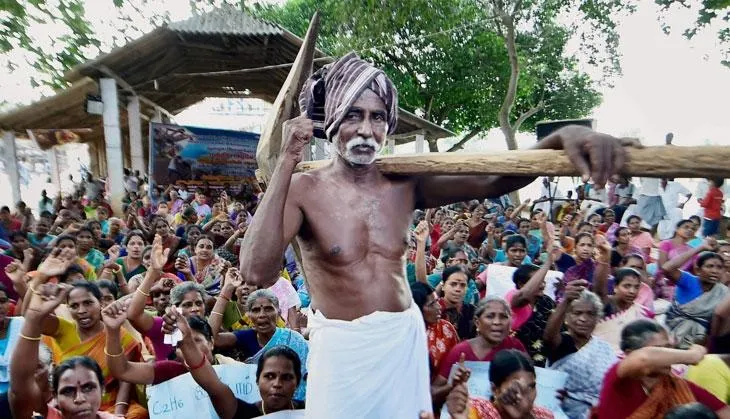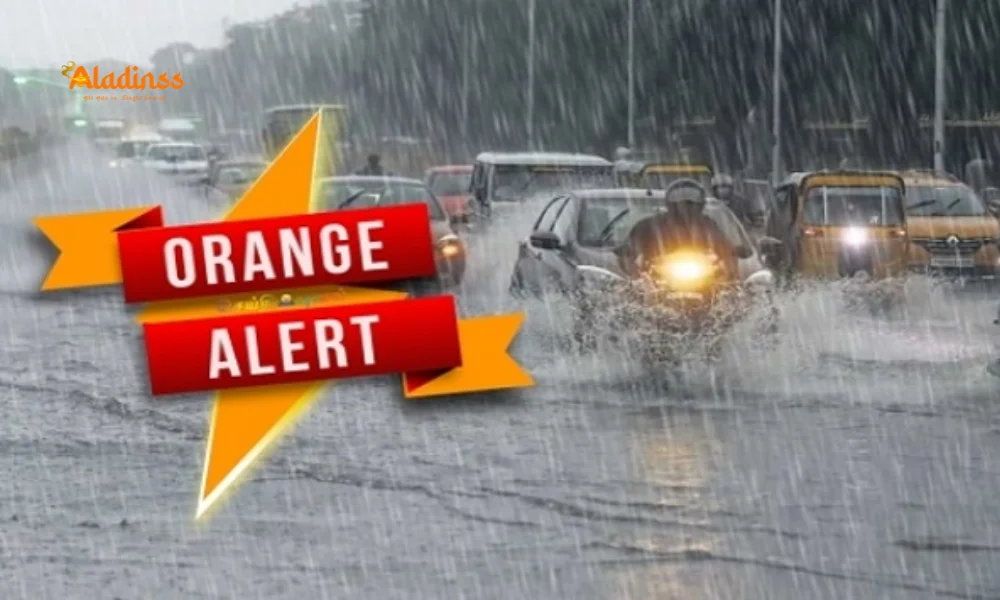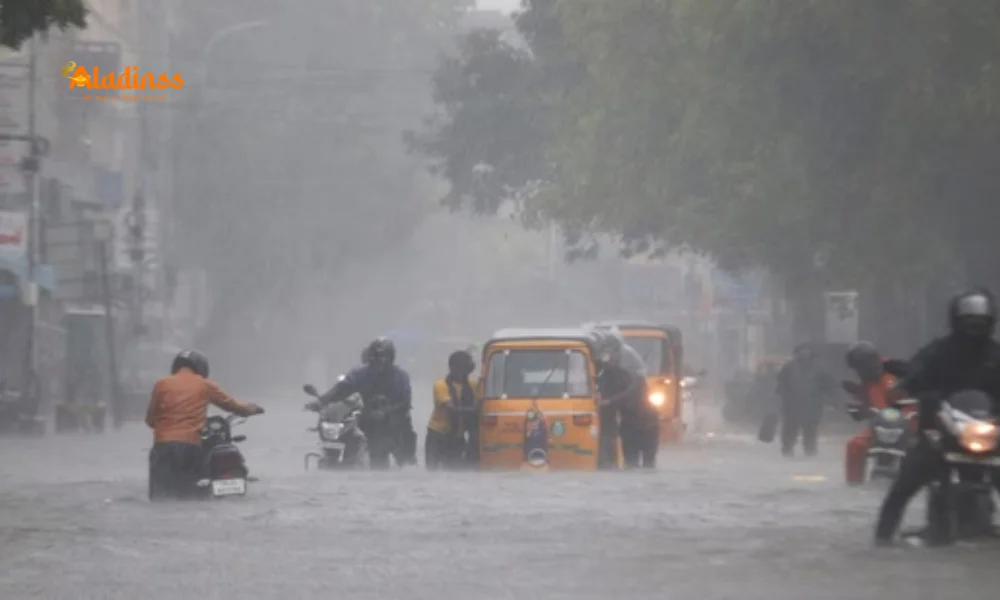Tamil Nadu Bans Hydrocarbon Projects: Thangam Thennarasu

Tamil Nadu Government Firmly Bans Hydrocarbon Projects, Assures Minister Thangam Thennarasu
In a resolute stand to protect the state’s agricultural and environmental interests, Tamil Nadu’s Minister for Finance, Environment, and Climate Change, Thangam Thennarasu, has declared that no hydrocarbon projects will be permitted in any part of Tamil Nadu, now or in the future. This announcement, made on August 24, 2025, follows the state government’s directive to the State Environment Impact Assessment Authority (SEIAA) to immediately withdraw environmental clearance granted to the Oil and Natural Gas Corporation (ONGC) for exploratory drilling in Ramanathapuram district. The move underscores the government’s commitment to safeguarding farmers and preserving the ecologically sensitive Cauvery Delta region.
Protected Agricultural Zone Act and Its Impact
The Tamil Nadu government enacted the Protected Agricultural Zone (PAZ) Act on February 20, 2020, declaring the Cauvery Delta region—encompassing Thanjavur, Tiruvarur, Nagapattinam, Pudukkottai, and parts of Cuddalore districts—as a protected zone. This legislation explicitly bans new exploration and extraction activities related to hydrocarbons, including petroleum, natural gas, coal-bed methane, and shale gas. In 2023, the ban was extended to Mayiladuthurai district, further reinforcing the state’s commitment to preserving its agricultural heartland. Minister Thennarasu emphasized that this act forms the backbone of the state’s policy to protect farmers and their livelihoods from environmentally harmful projects.
Revocation of ONGC’s Clearance in Ramanathapuram
The controversy arose when the SEIAA granted environmental clearance to ONGC in March 2025 for drilling 20 onshore exploratory wells in Ramanathapuram district, based on an application submitted by ONGC in October 2023. The proposed wells, each 2,000 to 3,000 meters deep, were part of a ₹675 crore project under the Centre’s Open Acreage Licensing Programme (OALP). However, the Tamil Nadu government swiftly intervened, ordering the SEIAA to revoke the clearance. Thennarasu stated that the approval was granted without the state’s consent, prompting immediate action to protect the region’s agricultural and ecological integrity.

Chief Minister M.K. Stalin’s Firm Policy
Minister Thennarasu reiterated that Chief Minister M.K. Stalin’s administration is unwavering in its commitment to prioritizing farmer welfare and environmental sustainability. He emphasized that no hydrocarbon projects will be allowed in Tamil Nadu, aligning with Stalin’s policy to protect the state’s agricultural communities and natural resources. This stance has been widely supported by farmers’ groups and environmental activists, who have long opposed hydrocarbon exploration due to its potential to disrupt soil fertility, water resources, and local ecosystems.
Public and Political Reactions
The decision to revoke ONGC’s clearance has been met with widespread approval from farmers and environmental groups, such as Poovulagin Nanbargal, who criticized the SEIAA’s initial approval as a violation of environmental norms. Political parties, including the AMMK and Naam Tamilar Katchi, have also voiced support, urging the government to extend the PAZ Act’s scope to further safeguard Tamil Nadu’s agricultural zones. The swift action by the state government has been seen as a response to growing public discontent, especially with elections approaching, ensuring that the issue does not escalate into protests similar to the 2017 Neduvasal agitation against hydrocarbon exploration.
Environmental and Agricultural Concerns
Hydrocarbon exploration, including drilling for oil and natural gas, poses significant risks to the environment and agriculture. Experts warn that such activities can lead to groundwater contamination, soil degradation, and seismic disturbances, particularly in ecologically sensitive areas like the Cauvery Delta. The Tamil Nadu government’s proactive stance reflects lessons learned from past protests, such as the 2017 Neduvasal movement, which highlighted the adverse impacts of hydrocarbon projects on farming communities. The state’s decision to prioritize agricultural sustainability has been lauded as a model for balancing development and environmental protection.
Future Outlook for Tamil Nadu’s Environmental Policy
Minister Thennarasu’s statement reaffirms Tamil Nadu’s long-term commitment to banning hydrocarbon projects, ensuring that the state remains a safe haven for agriculture and environmental conservation. The government’s directive to the SEIAA to withdraw ONGC’s clearance sends a strong message to corporations and central authorities about the state’s priorities. As Tamil Nadu continues to strengthen its environmental policies, residents and stakeholders are encouraged to stay informed through official government announcements and credible news sources for updates on this issue and its implications for the state’s future.
Comment / Reply From
No comments yet. Be the first to comment!











